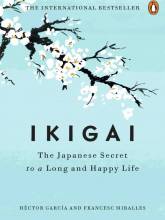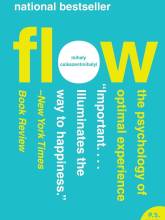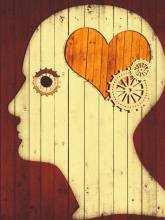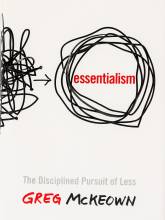Think Smart with Mindware Tools
Everyone wants to think smart, but you may have seen people doing stupid things. Why? Some unconscious, invisible habits make us do so. And don’t be surprised when I say, you too act dumb sometimes. It just happens. But, by noticing the traps, you can avoid being irrational and also, have better decision making life skills.
The book – Mindware – talks about cognitive tools rational thinkers use to tackle everyday problems. Written by Richard E. Nisbett, the book is a must-read for anyone who wants to be better at making business decisions, and also the personal ones.
Richard is one of the most respected psychologists and has received many awards in the US and abroad. And his book tries to infuse rational thinking capabilities and help you think smart in everyday decision making.
Listen to the summary at Blinkist or listen to the book at Audible.
Making assumptions

The first step of transformation from being an emotional thinker to a rational one is to stop making assumptions. Instead of looking for the truth, we are quick at assuming and then, concluding the result. It’s a shortcut that the mind takes, and even the clinical psychologists face this problem. It’s true.
One of the stages of problem-solving in psychology is to look for patterns. In an experiment, few psychologists were given patient’s symptoms card. Along with the list of symptoms, some cards also mentioned that the patient saw genitals in the inkblot test. And ignoring the symptoms, the psychologists concluded that the patient has sexual problems.
Read more: The Components of Emotional Intelligence
But you will be surprised to know that there is no such relationship. Also, there is no relationship between high IQ and richness of a country, saying, in case you feel so. Just because you find a relation between two incidents doesn’t mean one caused another.
Wealthy nations have superior healthcare and education facilities, and thus, the individuals there think smart. It doesn’t imply that people with higher IQ are wealthier.
So, if A and B have simultaneous occurrences, they are co-related. But contrary to our assumptions, it doesn’t mean that A caused B or vice versa.
Avoiding losses

Another of the critical thinking examples in everyday life is when we make decisions about money. People tend to avoid losses. Someone, say, tries to bet with you – tails you win $120, heads you lose $100. Would you enter the bet? Even though you have a chance to gain more than you lose, money forces you with emotional reasoning.
And it’s not only you, but the majority fears to lose that $100. Few people in a study though agreed to take the chance if it's $200 bet upon winning. Another such instance of suffering loss is when we have to give something we possess.
An experiment involved the distribution of coffee mugs among university students. Half of the students got a coffee mug with the university logo, and the other half received nothing. Now, when the researchers asked those students how much they will pay to get that mug, they quoted the normal price. On the other side, the students who owned the mugs asked double the logical price.
Read more: Achieve More with Essentialism
Instead of making logical decisions, the mere thought of losing possession led the students into emotional thinking. And that holds true for (almost) everyone. People tend to value their things higher than others. So, why is critical thinking important? Let’s find out next.
Logic vs. Belief

To go with logic or to believe in our beliefs can be a difficult choice at times. It’s about emotional vs. rational decision making, and we already saw, emotional thinking clouds our logical reasoning.
In the present era, we can’t believe everything we see or hear, and we have to think smart and carry our research.
One of the benefits of creative thinking is that it saves you from creating a mess out of your life. Aristotle devised a principle you can follow to check the truth behind things.
Let’s say that you received an email which claims to teach you an easy trick to get $6,000. Do you think anyone can? And if the sender knows something, why isn’t s/he using it to earn instead of sending emails to people.
Read more: More on the Rational vs. Logical Debate
When you access two premises, and both appear to be TRUE, you can conclude that something can happen. Asking questions will help you get over your beliefs and prejudices, and thus, logical decisions.
So, now you know that for thinking smart, you have to –
- Stop making assumptions on a single correlation.
- Get over your beliefs and emotional thinking.
- Follow Aristotle’s principles of reasoning to make well-informed and logical decisions.
But what if you find that there’s more than one correct situation? In that case, go with the easier one. Instead of taking the hardest path and later regretting, you can test the simple ones easily. So, go ahead and reason your choices.
















